We arrived at Ban Xen Primary School (Muong Khuong District) at recess time and saw the students excitedly surrounding the vegetable garden, attentively listening to Ms. Mo Thi Nhung, an agricultural extension worker of Ban Xen Commune, introduce and guide how to plant and care for plants. The students were able to “see with their eyes, hear with their ears, and do with their hands”, so they quickly understood and practiced working on the spot in an exciting and joyful atmosphere. Ms. Tran Thi Binh, Principal of Ban Xen Primary School, said that the “farm classroom” model was implemented by the school since the 2013-2014 school year, with the goal of combining knowledge learning and practice, in order to improve labor skills, expand social knowledge, and train students in ethics and lifestyle. When the model was first implemented, the school encountered many difficulties in terms of facilities, barns, pond digging, gardening, seedlings, food, etc. Therefore, the school launched a "four together" campaign: the school, students, parents and local authorities, to bring the farm model into the school. The school's board of directors held a conference for students and parents, with the participation of representatives of local authorities, to propose, discuss, debate and decide on a plan for building facilities, what animals to raise, what plants to plant, and how to contribute funds in accordance with the conditions, circumstances and wishes of students and parents. The government created favorable conditions to provide land for ponds; parents contributed labor and seedlings; school teachers voluntarily contributed money to rent excavators to dig ponds. Therefore, Ban Xen Primary School has built a farm system right on the school campus, ensuring safety and environmental hygiene. Up to now, the school's farm system has a 400 m2 vegetable garden, a 600 m2 fish pond, a herd of seven goats, and more than 20 poultry and pigeons.
Regarding teaching methods, teachers integrate farm knowledge into regular classes, organize students to practice and experience during breaks and extracurricular hours according to the general plan and schedule (four classes/month). The school arranges the schedule for each class, by day and by week. Each class is assigned to study in groups, such as: Cultivation, pig farming, poultry and pigeon farming, fish and aquaculture, goat farming, etc. Local families who are good at raising and growing livestock are invited by the school to guide students on how to take care of livestock, grow crops and harvest vegetables. The school also coordinates with agricultural extension officers and veterinary officers of the commune to participate in teaching and providing technical guidance on farming.
Currently, Ban Xen Primary School has a farm model implemented at the main school, serving 220 students. As for the three satellite schools, it has not been implemented yet, so every month, the school organizes a "rotation" of students to the main school to study and practice on the farm, ensuring that all students can acquire knowledge and practice farming and animal husbandry skills. The products made by the students such as pork, chicken, fish, green vegetables, etc. are included in the Tet festival and the year-end summary, with the participation of parents, creating a joyful atmosphere, connecting the school, students, parents and local authorities and organizations.
The “Farm School” model at Ban Xen Primary School is just one of the bright spots in linking knowledge learning with practical work right at school. After nearly three years of implementation, Lao Cai province now has more than 100 farm schools at all levels, in nine districts and cities. According to the Director of the Departmentof Education and Training of Lao Cai province, Nguyen Anh Ninh, the “Farm School” model has many “four-in-one” benefits: Linking knowledge learning with practical work; forming life skills; building and fostering ethics and personality; and having products to improve students’ lives.
Through a survey of educational institutions that have implemented the farm school model, students are more confident, bold, communicate and absorb knowledge from lectures better. In the coming time, the education and training sector of Lao Cai province will closely coordinate with local authorities and authorities to actively overcome difficulties in school facilities (especially land); propagate and mobilize parents of students in ethnic minority areas and consolidate and perfect the content and methods of teaching and learning on farms to improve the quality and expand the "farm school" model with high results in the locality.
Source: https://nhandan.vn/truong-hoc-nong-trai-nhieu-loi-ich-o-lao-cai-post275443.html




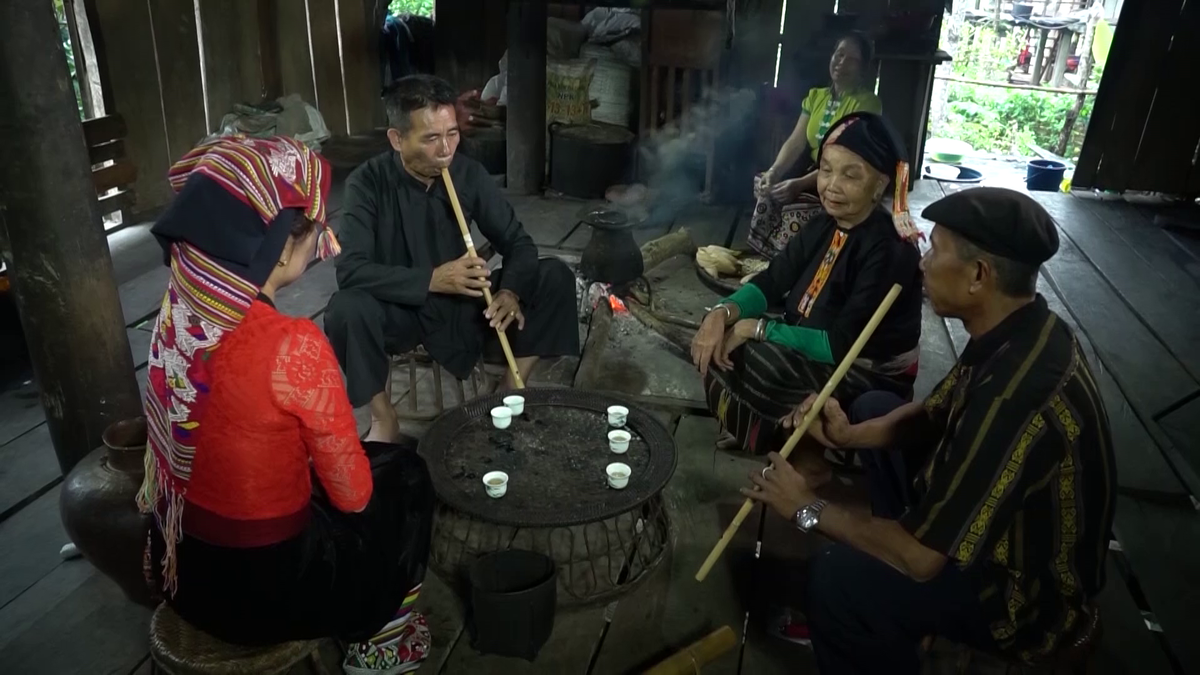



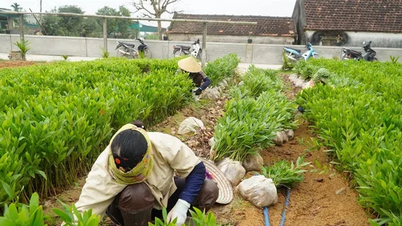

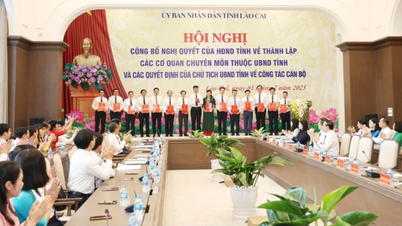

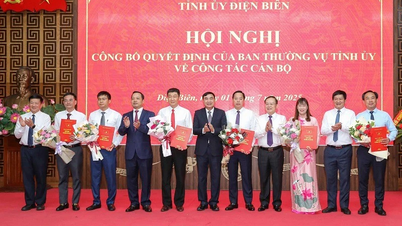
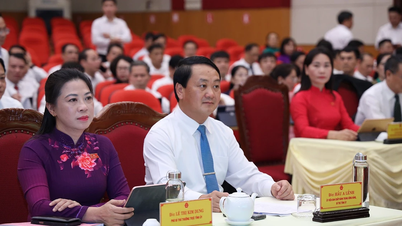





![[Photo] General Secretary To Lam attends the launch of 3 digital platforms serving the implementation of Resolution No. 57-NQ/TW](https://vphoto.vietnam.vn/thumb/402x226/vietnam/resource/IMAGE/2025/7/2/d7fb7a42b2c74ffbb1da1124c24d41d3)


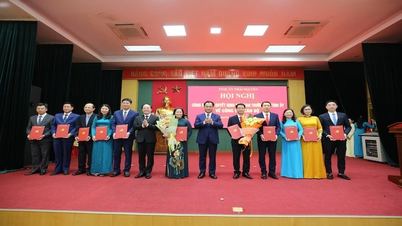


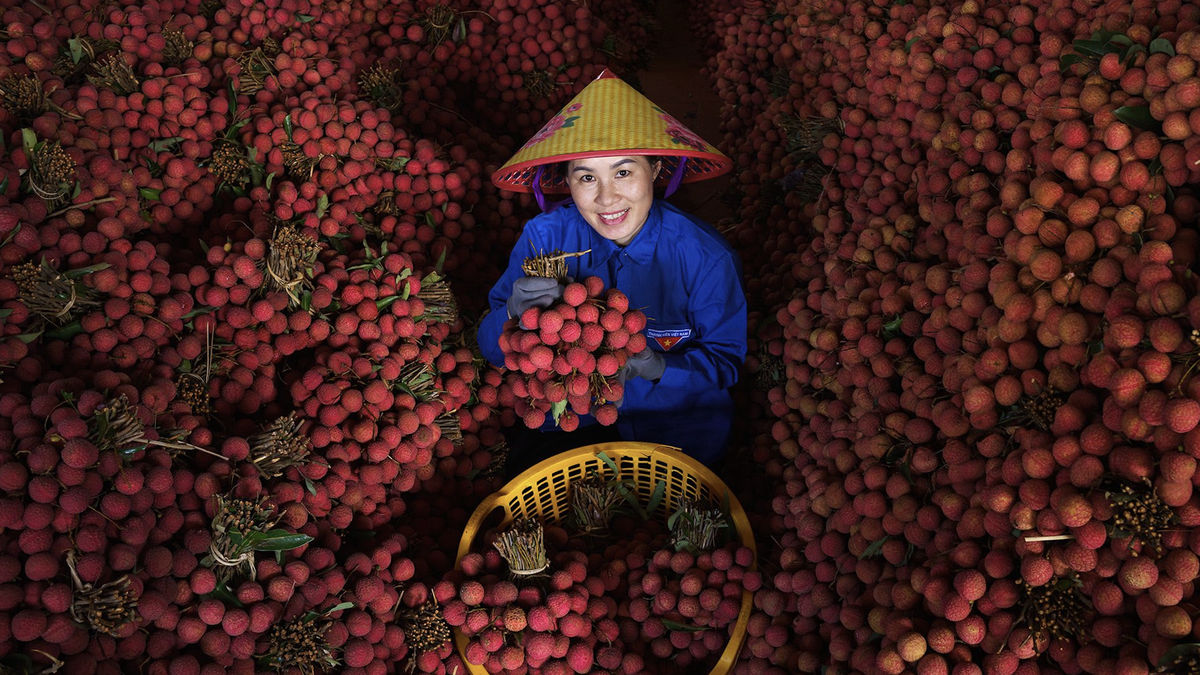


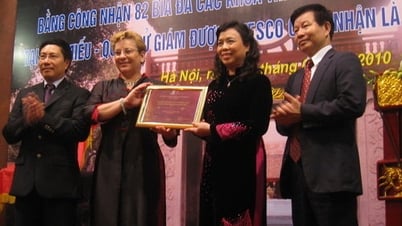



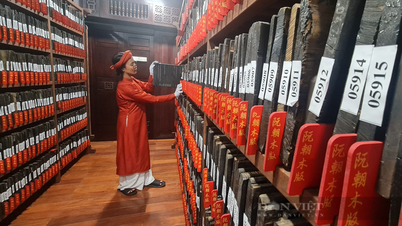





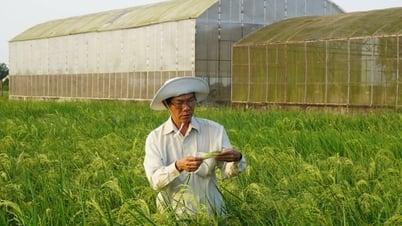

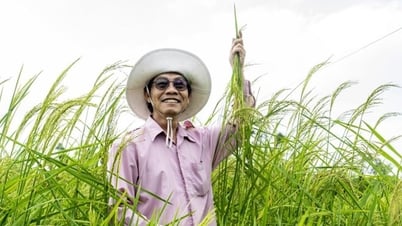

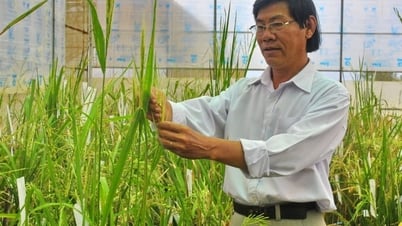



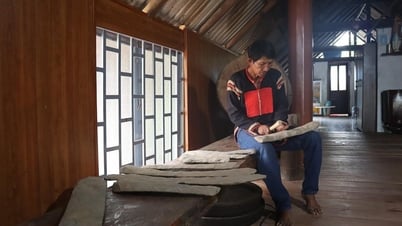









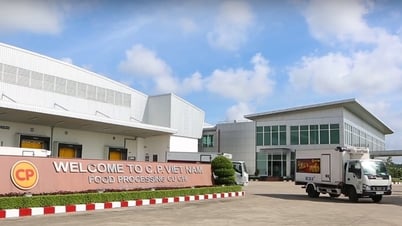



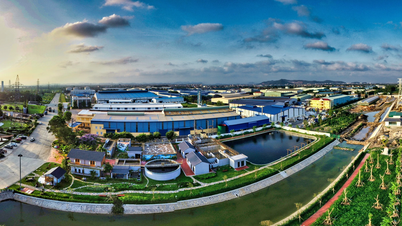





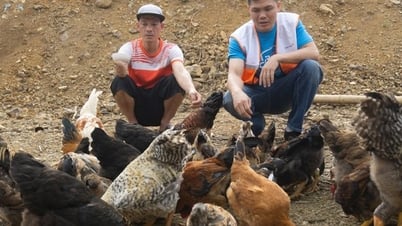













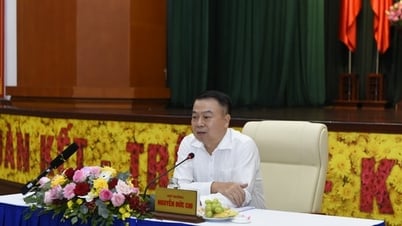
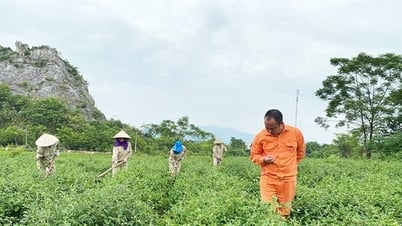
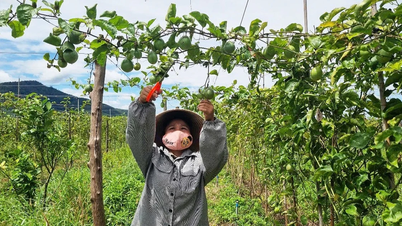







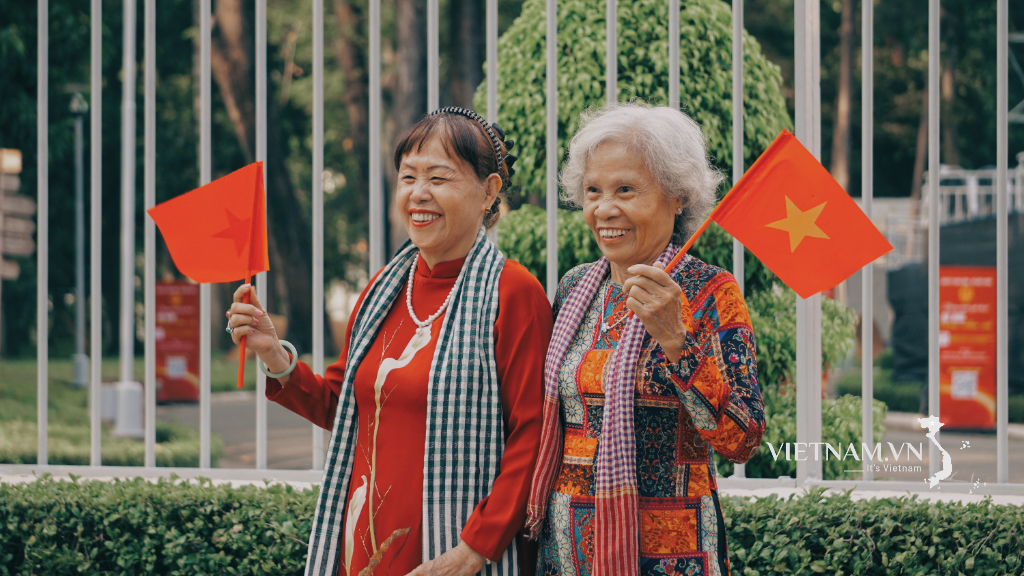

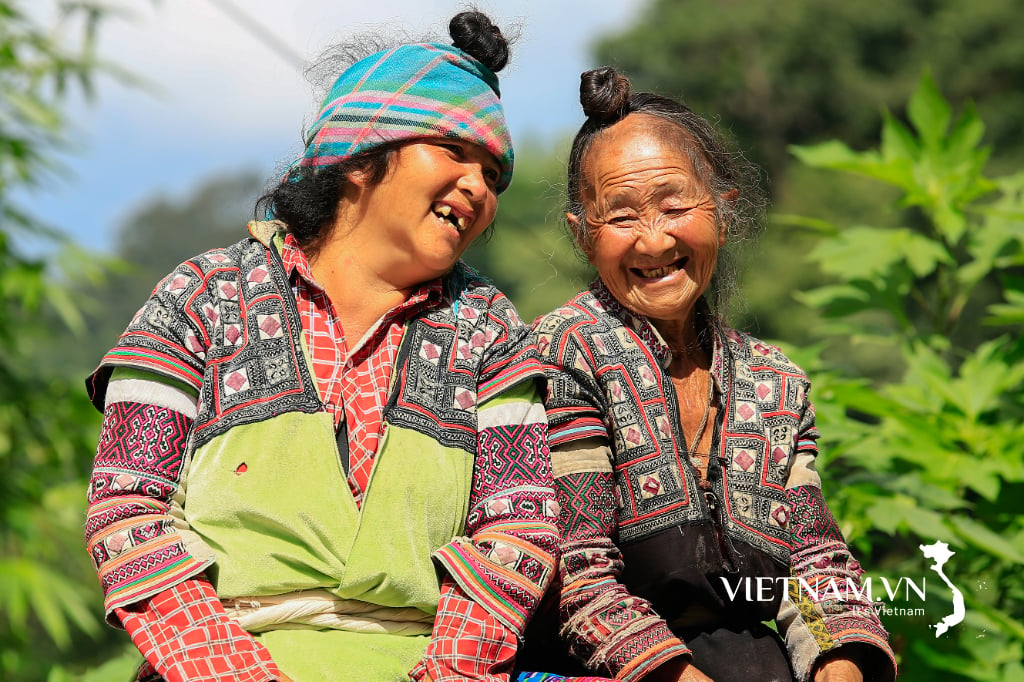

Comment (0)